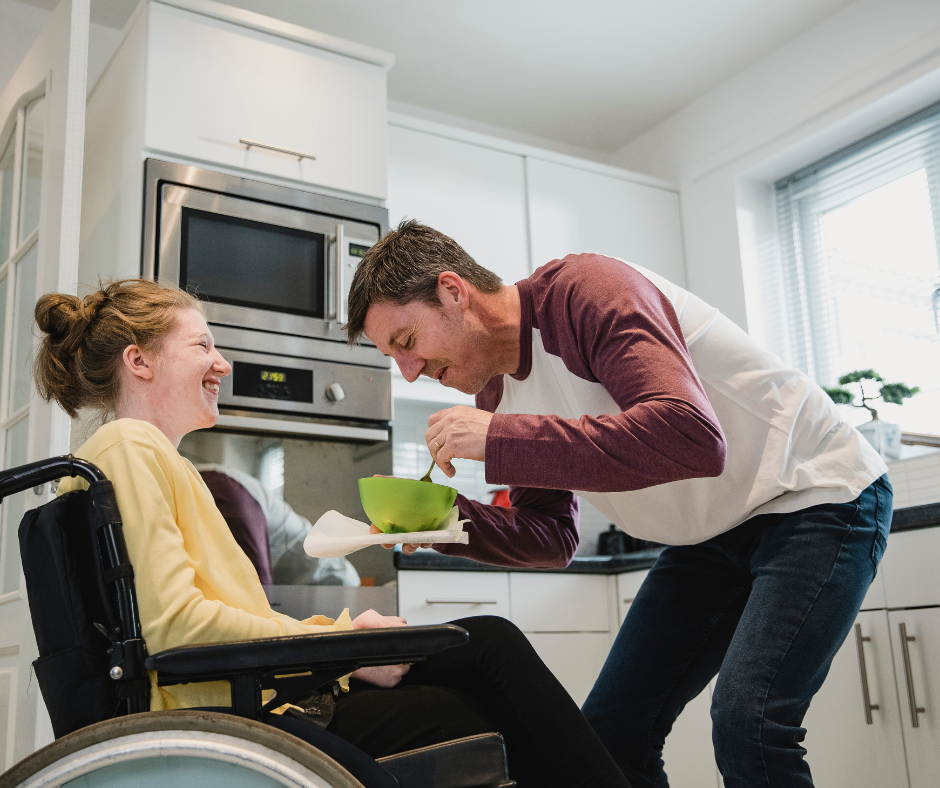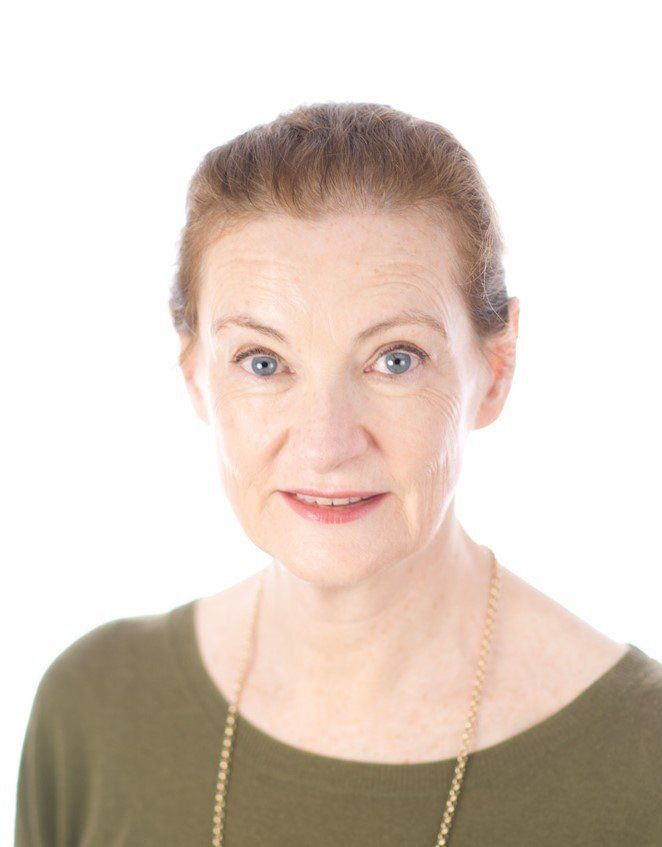ABOUT SAFE SWALLOWING
One third of Disability and Aged Care Facility residents are at risk of choking. Choking is the second most common cause of death in disability and aged care facilities. The most common cause of death is falls.
Falls can occur as a result of poor eating, dehydration and poor nutrition. You’ll recall that often, if you’ve had a day or two or even part of a day when you haven’t eaten the amount you usually do; you can feel a little unstable on your feet or generally weak. You’re at a greater chance of tripping or falling. The ageing population is at greater risk.
OUR MISSION
We at Safe Swallowing specialise, exclusively in Safe Swallowing Education and IDDSI Mealtime Management. We pride ourselves on the 40+ years of experience in this critical area that has gone into creating our Safe Swallowing and Mealtime Management Course. Our goal is to support you in the care of your loved one or client.
OUR METHOD
We offer world class training for disability and aged care staff and carers that is user-paced, available anywhere, is up to date and cost effective.
OUR EXPERIENCE
In Australia, we have trained disability and aged care staff and carers in hundreds of disability and aged care facilities, nursing homes and private homes, over the past 35 years. We understand swallowing problems, their management and are here to help you.
ABOUT BARBARA BRAITHWAITE
Our Principal Speech Pathologist, Barbara Braithwaite has worked in both the public and private sectors, assessing clients and educating staff and carers in aged care facilities, the disability sector and in private homes. Her passion is to support businesses, staff and home carers to feel confident in their support role.
CONTACT US
Email: support@safeswallowing.com.au
Address: 10-14 Fairlight St, Five Dock 2046
0416 273 059
All Rights Reserved | Safe Swallowing








